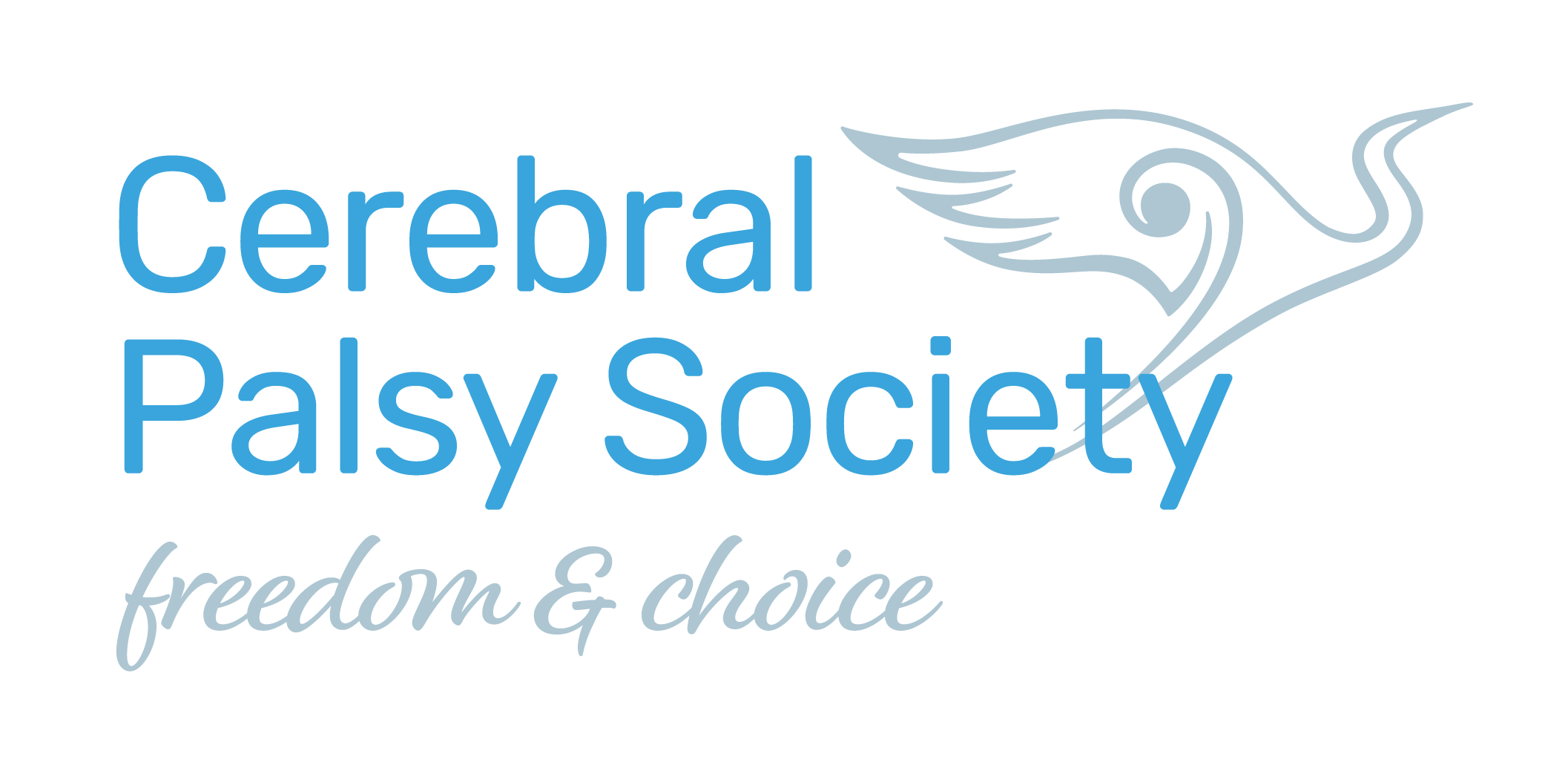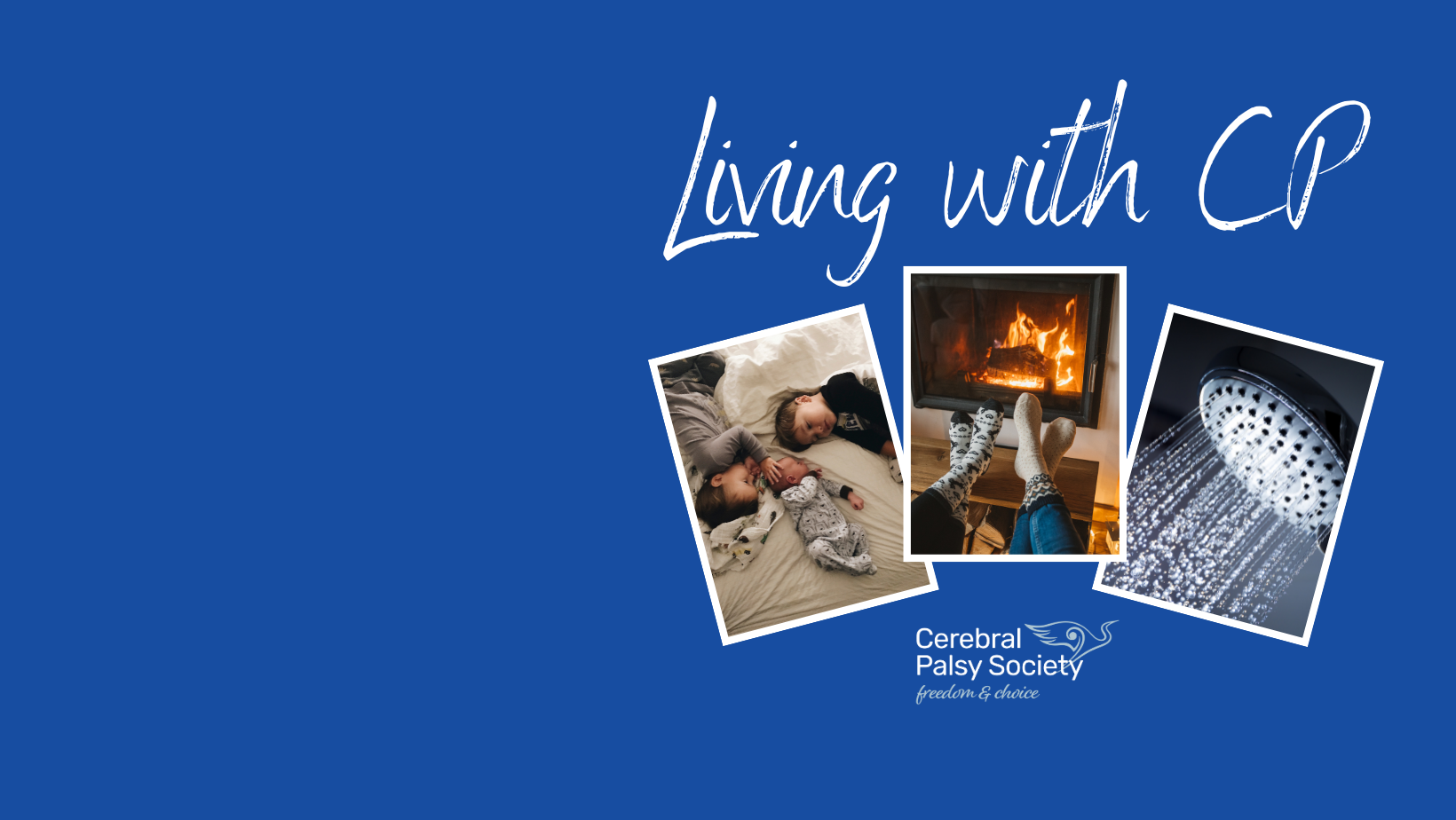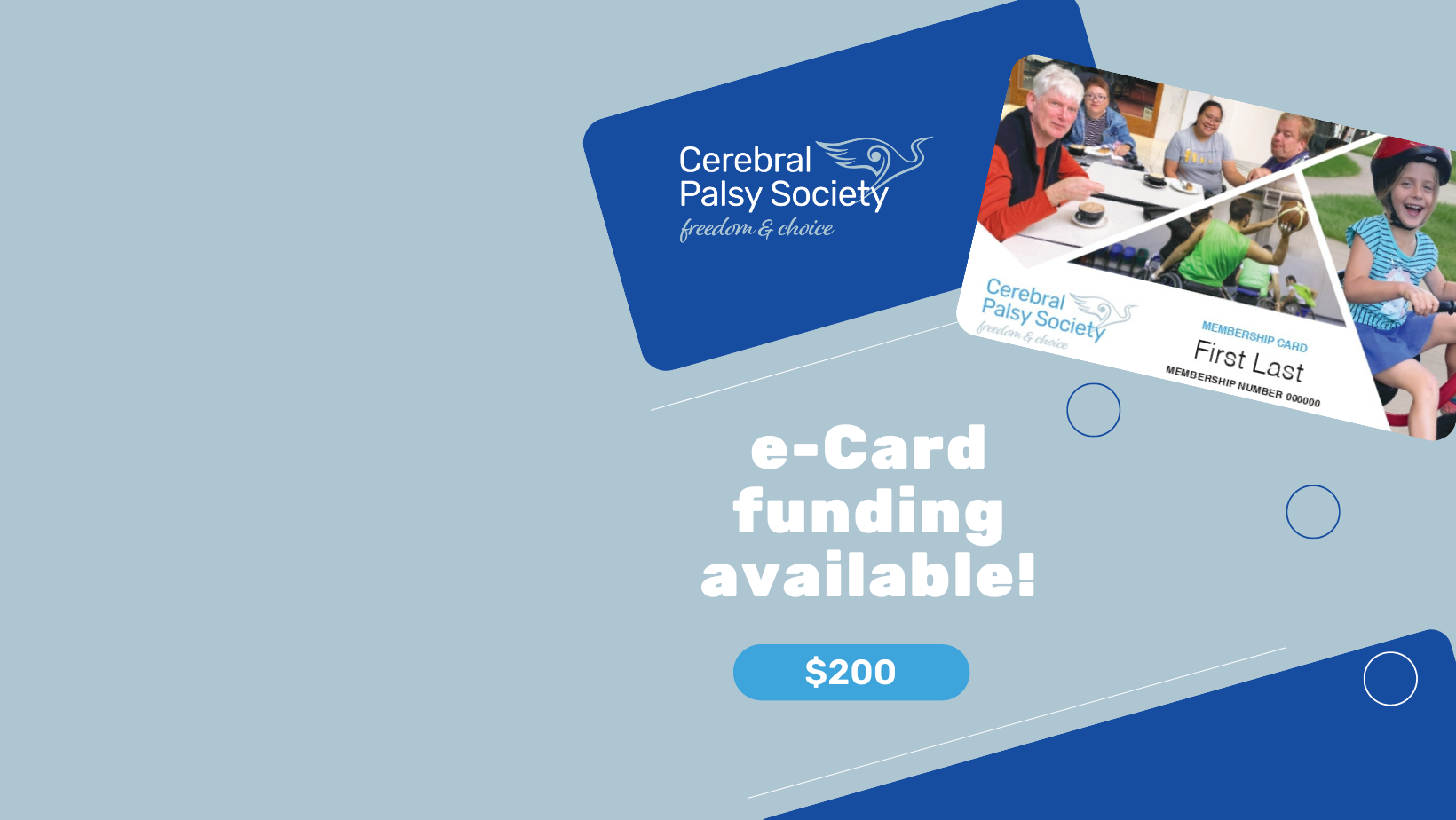Enhancing the lives of people with Cerebral Palsy - Hōkai Nukurangi in New Zealand
Support us, with a donation to the
Cerebral Palsy Society
Become a Member
Your membership enables us to enhance the lives and well-being of people living with Cerebral Palsy – Hōkai Nukurangi.








